Leadership & Management for Service Industries: Styles & Tech Impact
VerifiedAdded on 2023/01/23
|19
|1042
|62
Report
AI Summary
This report provides an overview of leadership and management theories within the service industry, focusing on classical management theories such as scientific management and bureaucratic theory. It examines different organizational cultures, including power, role, and task cultures, and discusses the roles of leaders and managers, highlighting decision-making and entrepreneurial roles. The report contrasts various management and leadership styles, including democratic leadership, and analyzes their advantages and disadvantages. It reviews the effectiveness of demographic leadership and scientific management in the hospitality industry, emphasizing the role of technology in employee training. Furthermore, it discusses the evolution of leadership from past trait-based approaches to present situational leadership and future value-based approaches, concluding that leadership and management theories are crucial for organizational growth. The document is available on Desklib, a platform offering study tools and resources for students.
1 out of 19
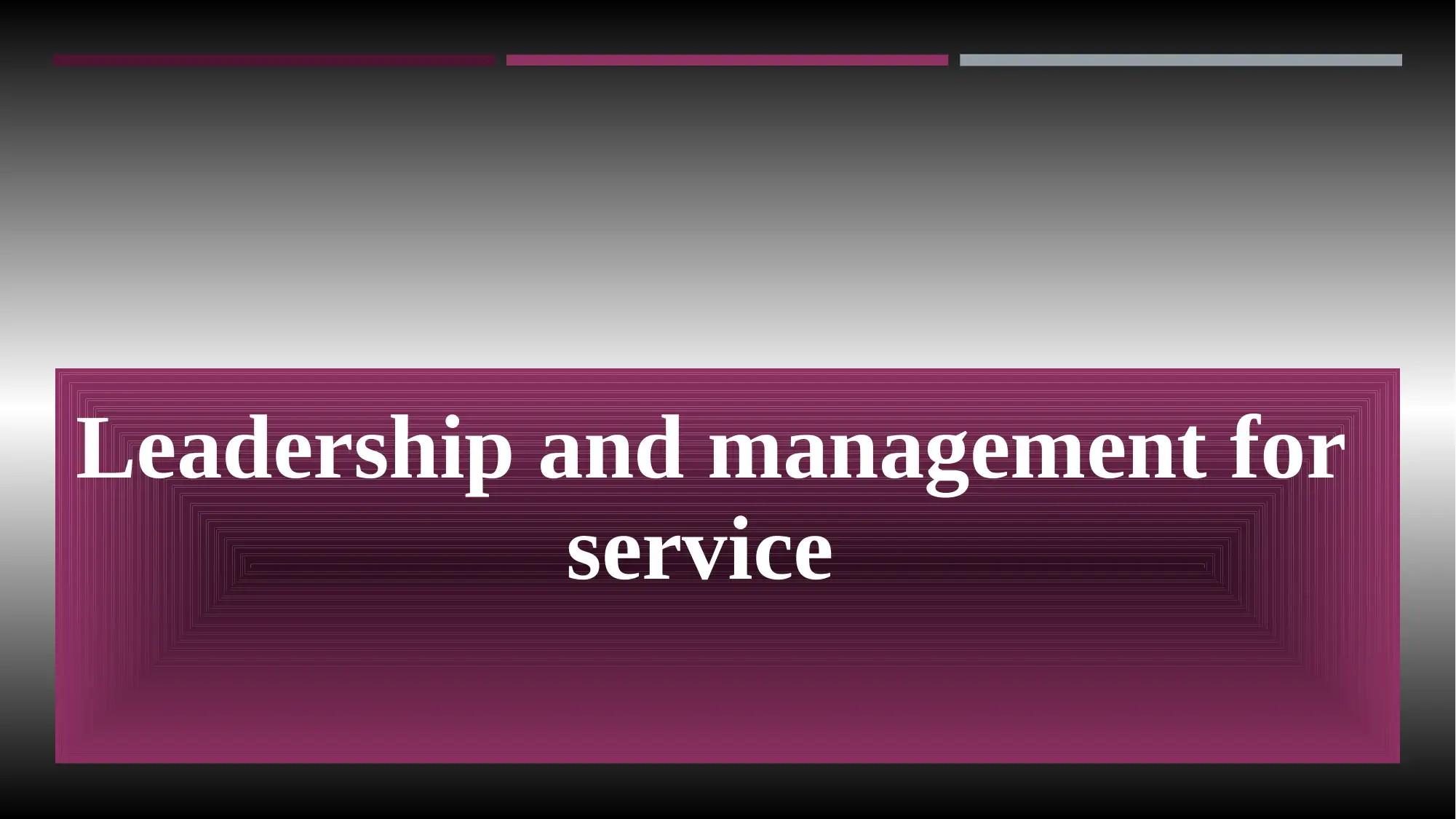
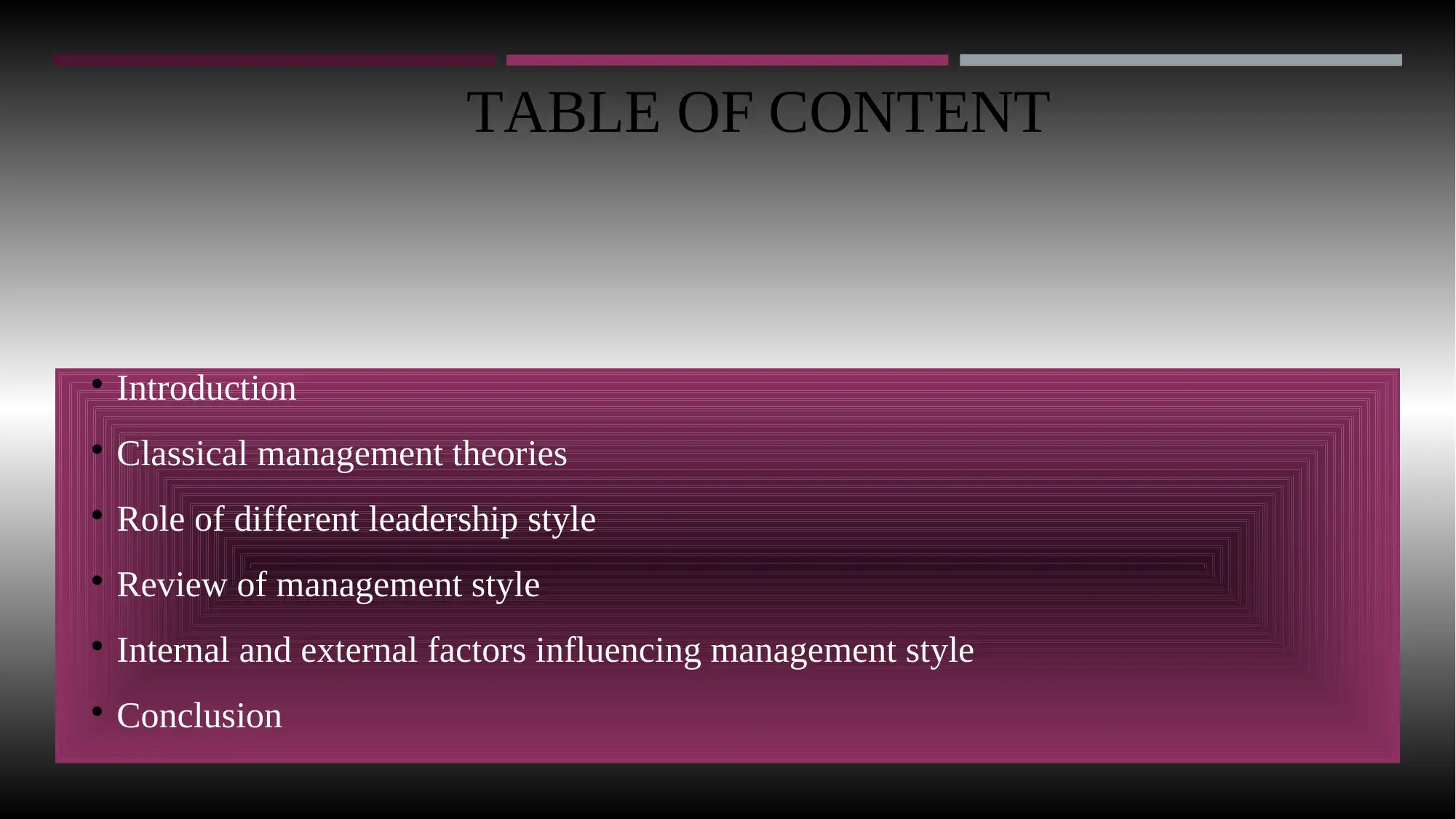
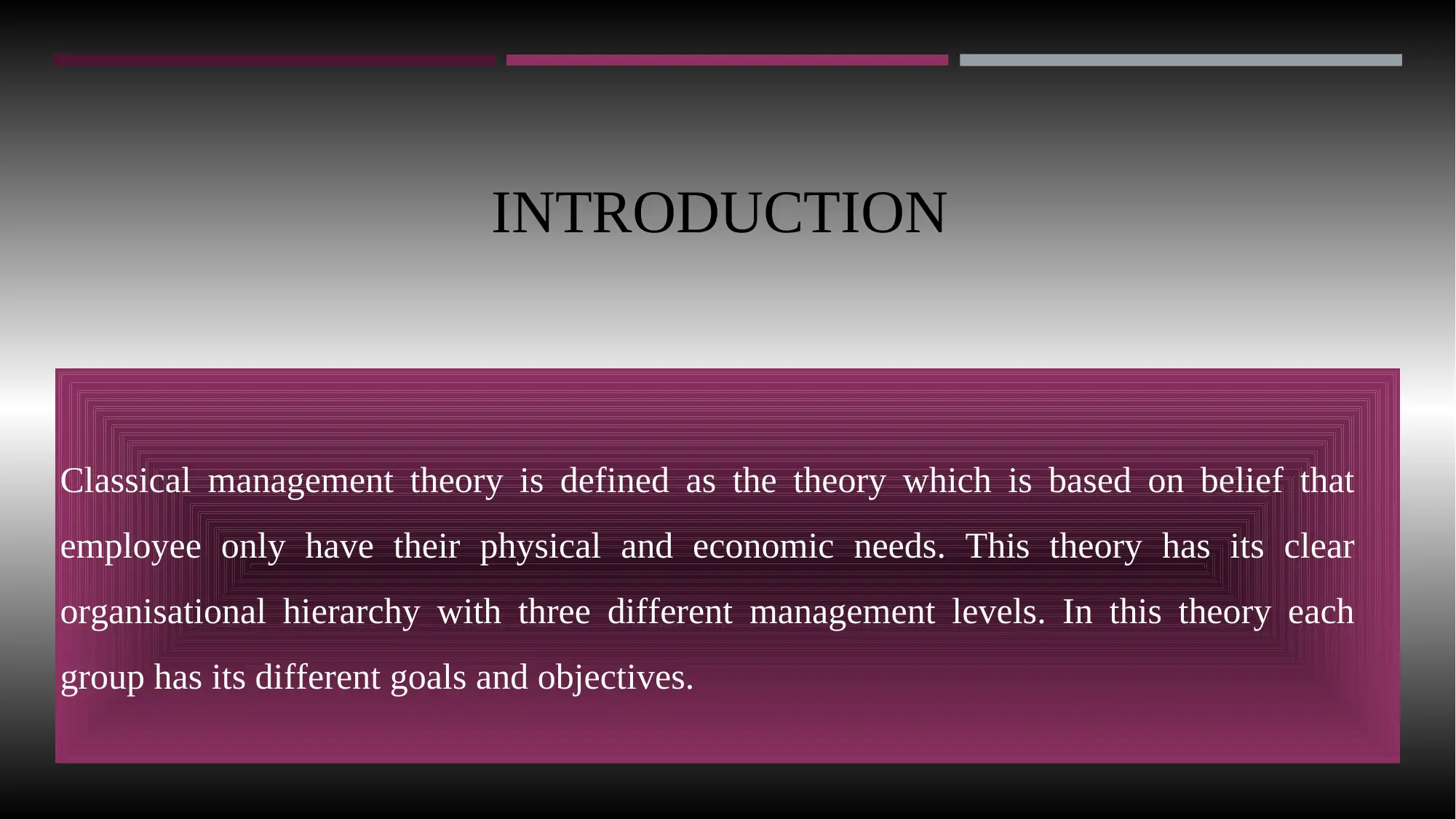

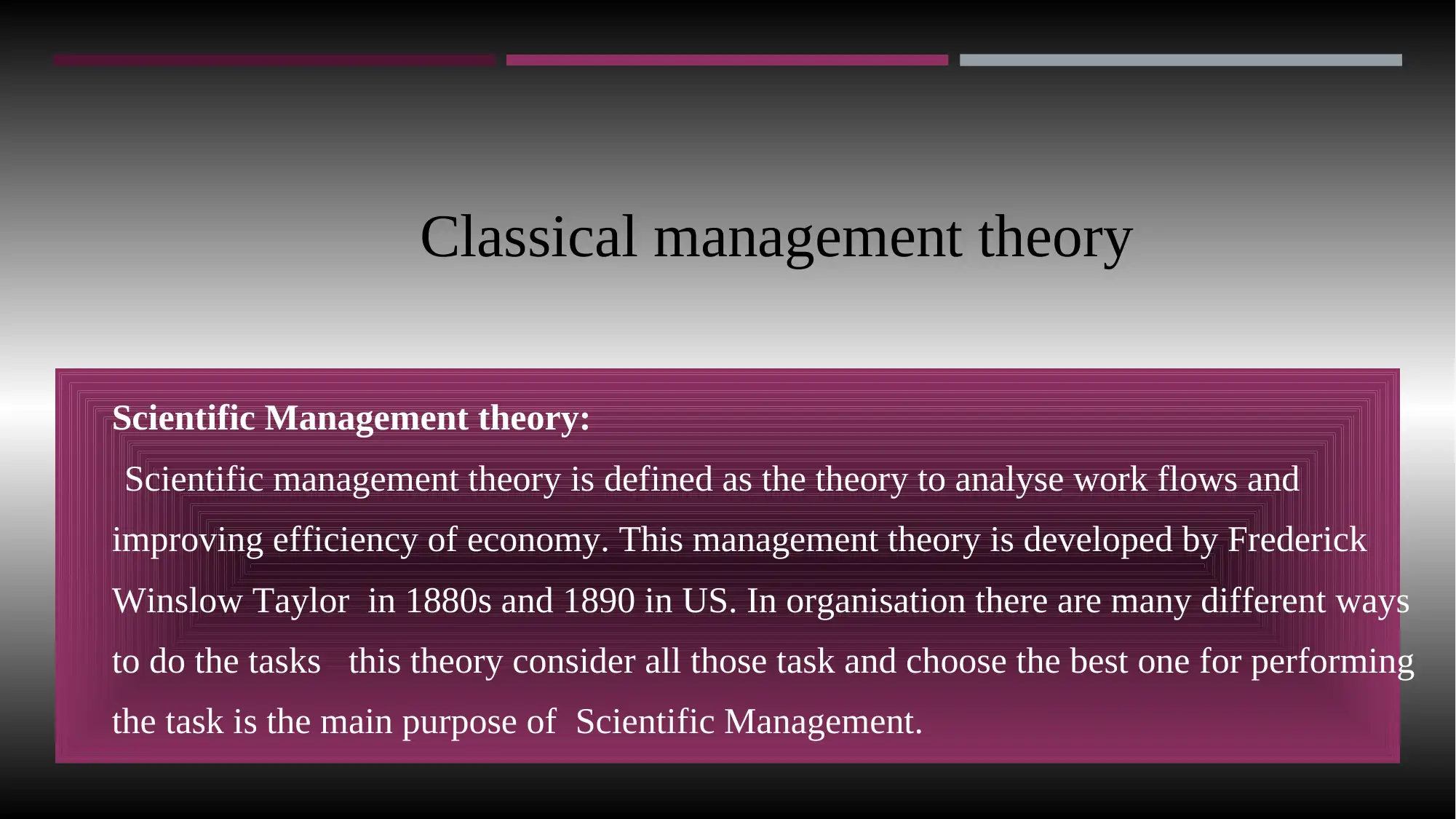
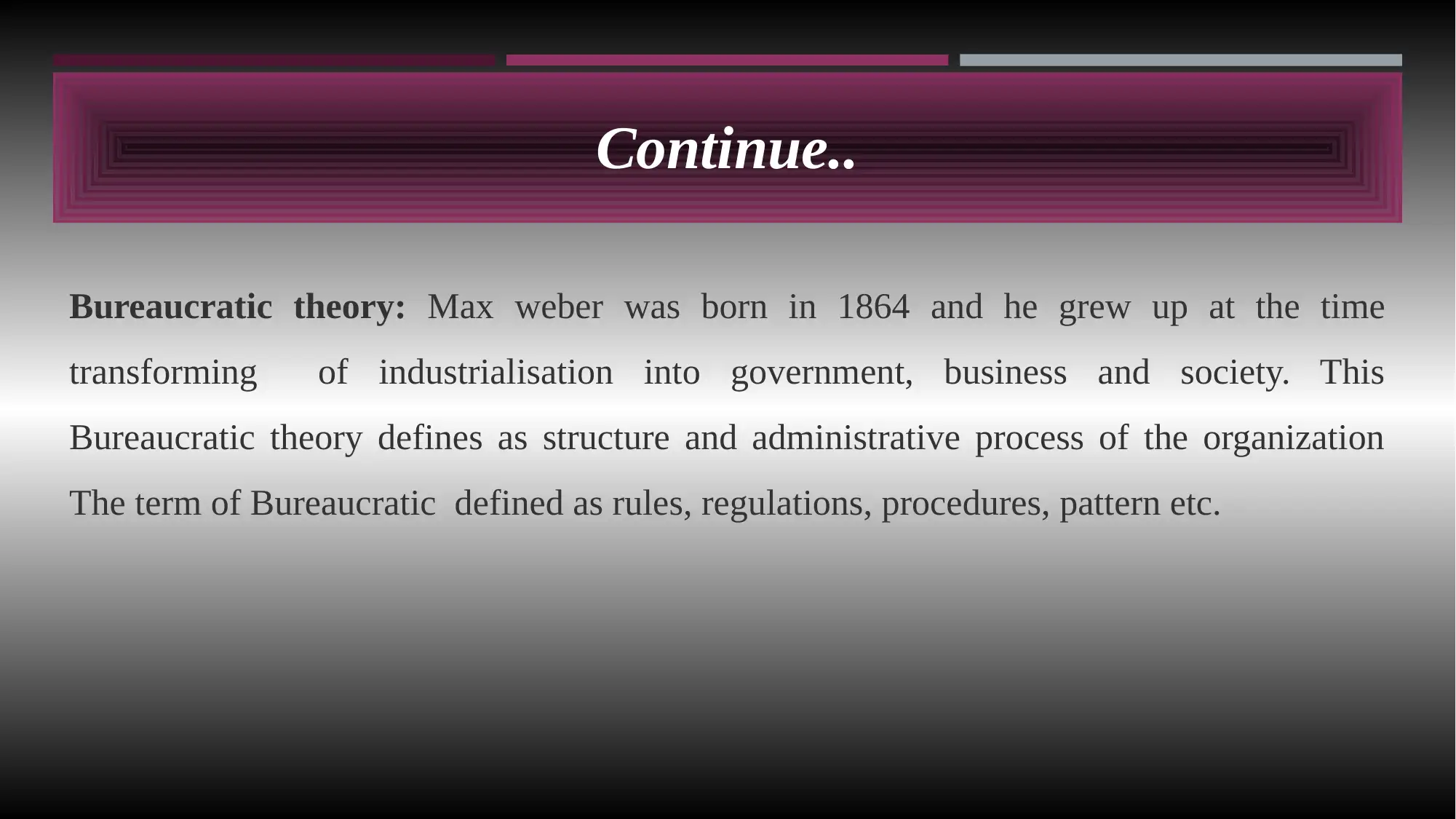
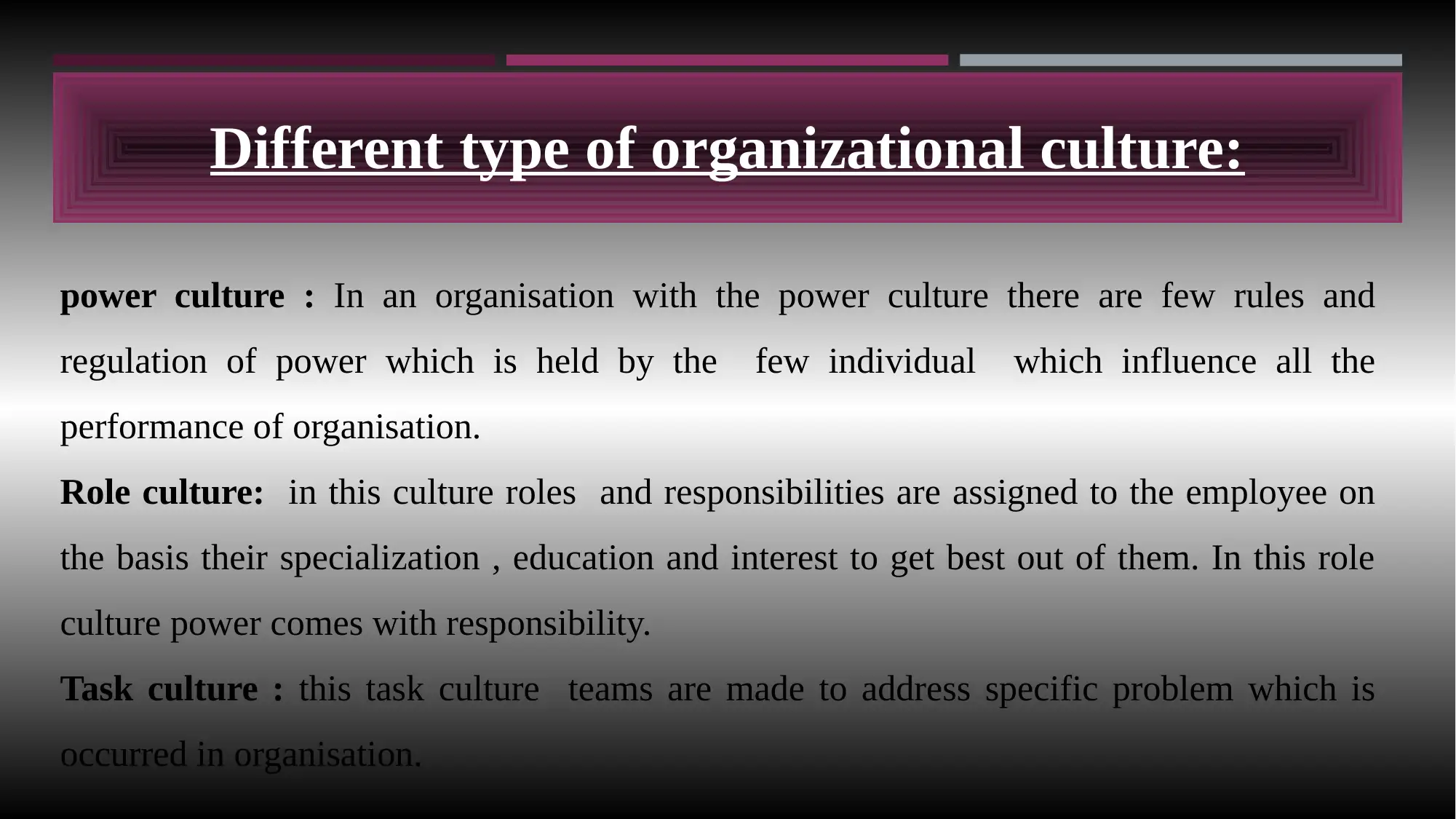
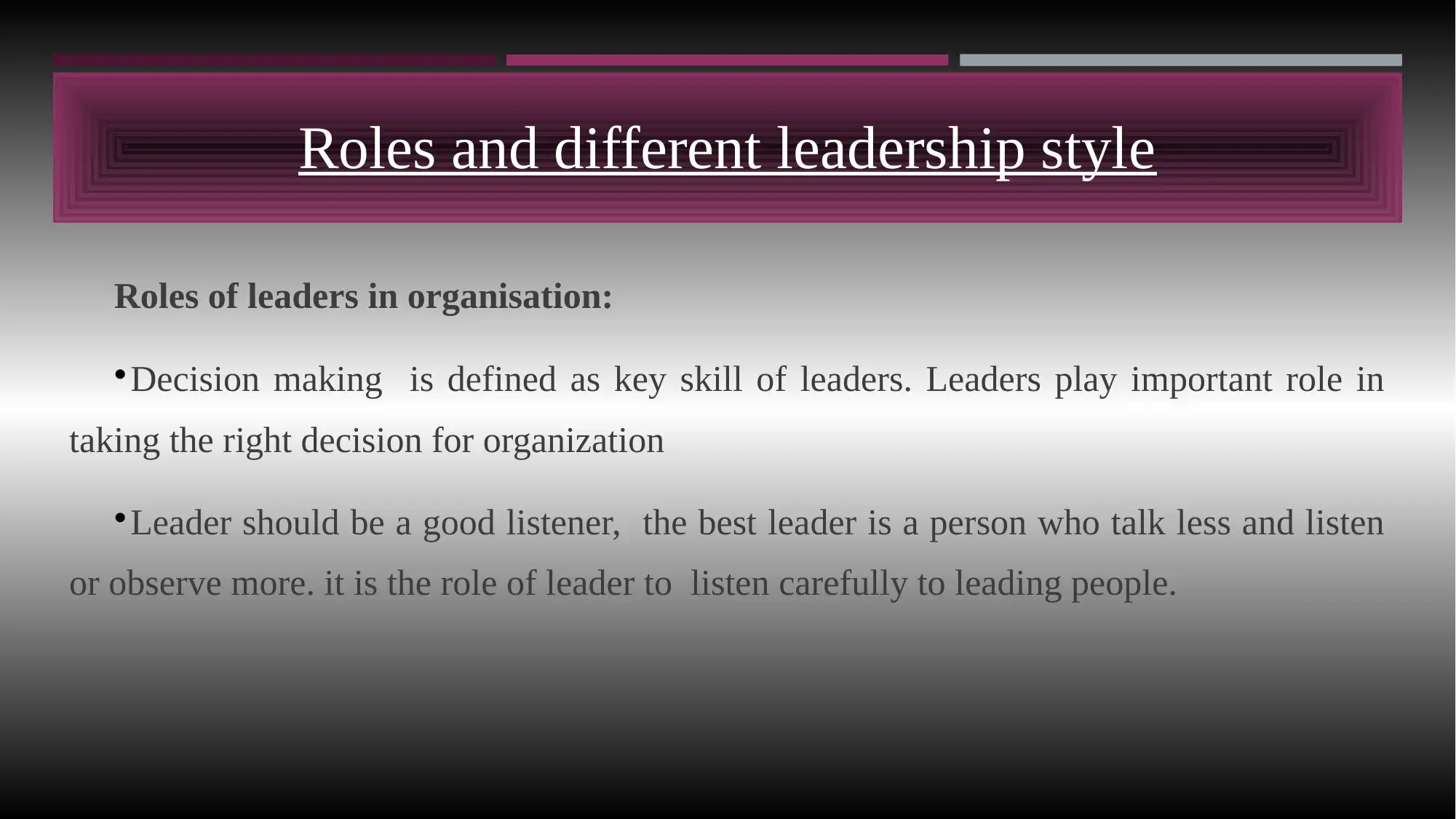
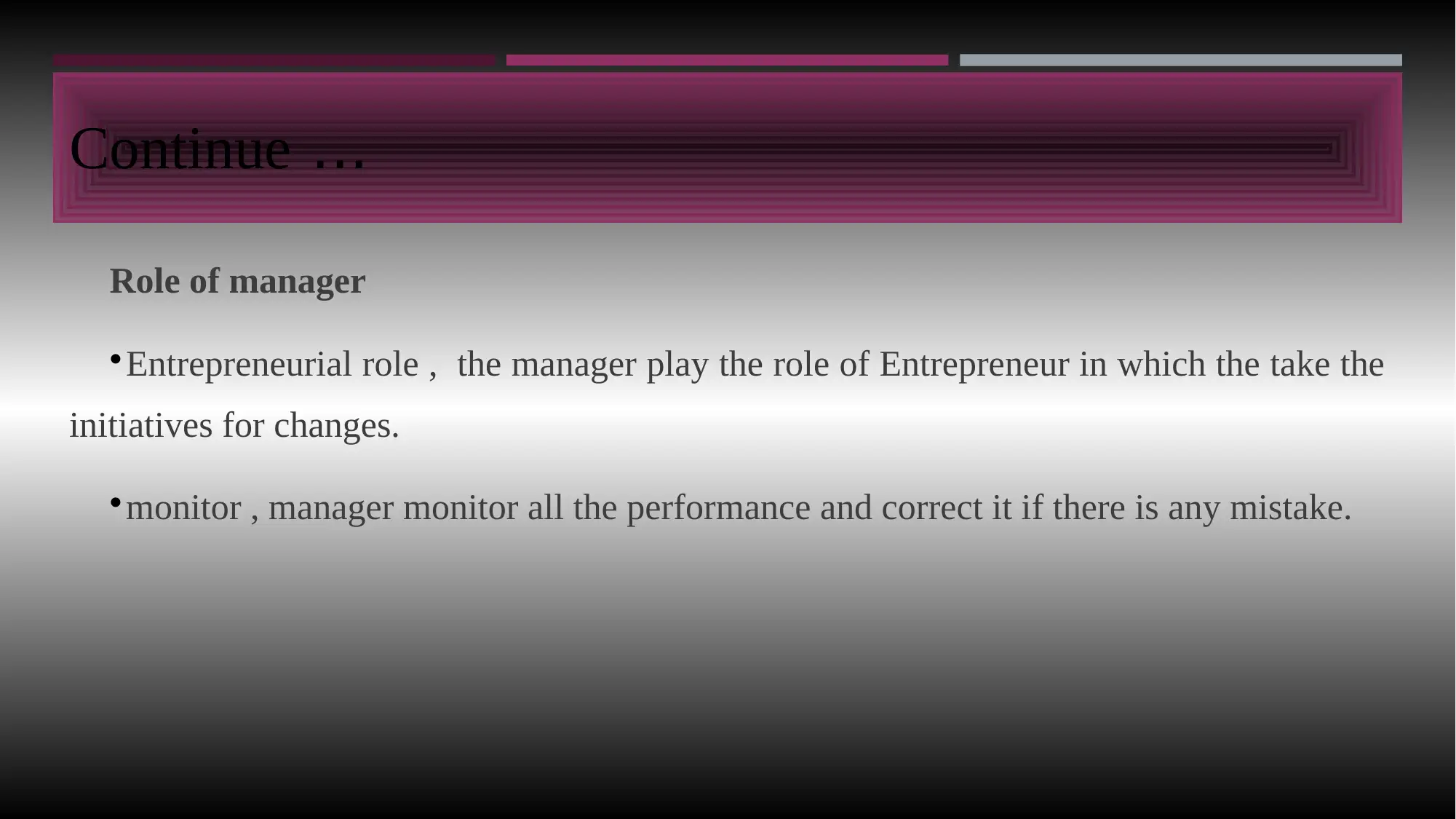
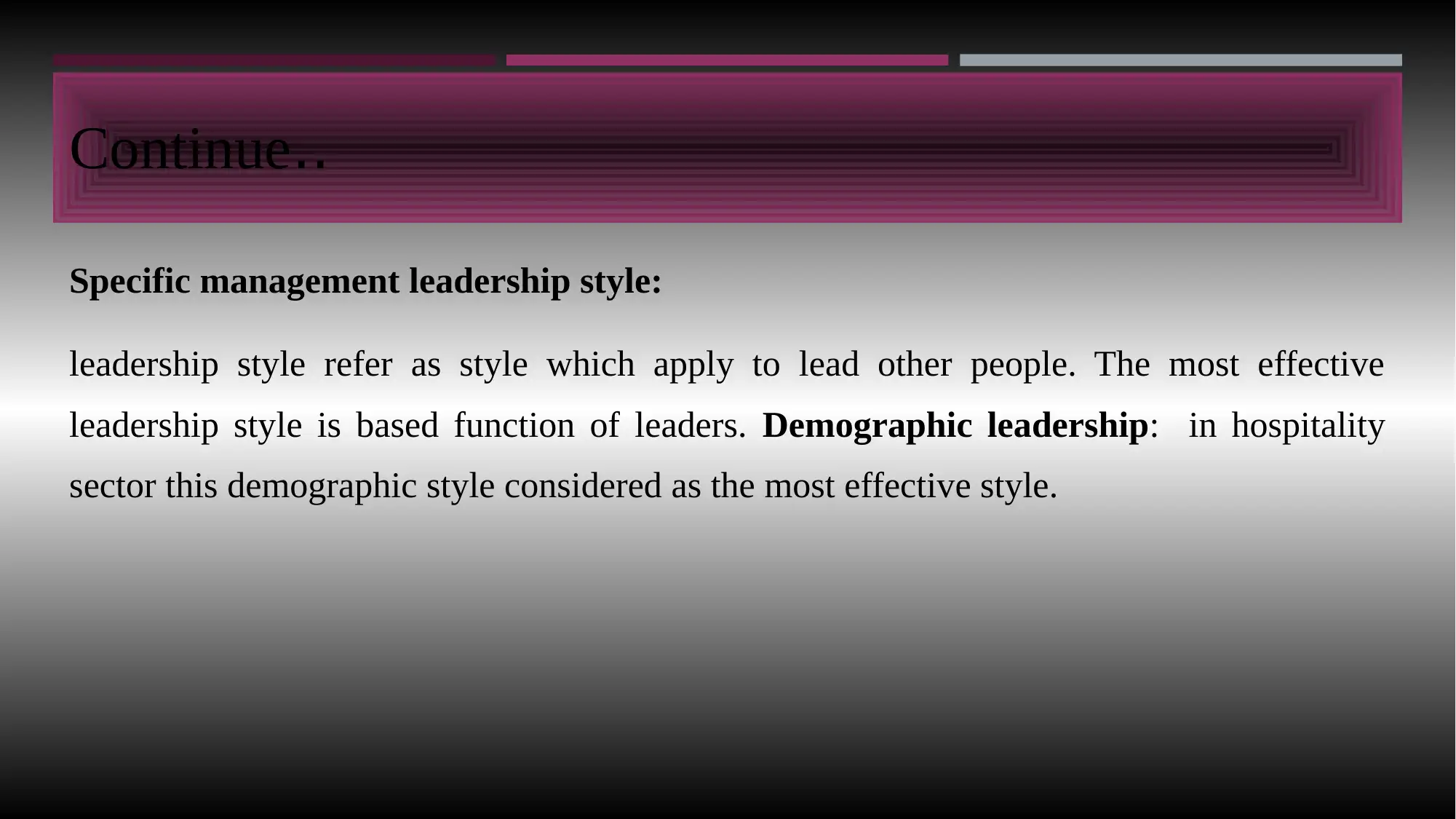
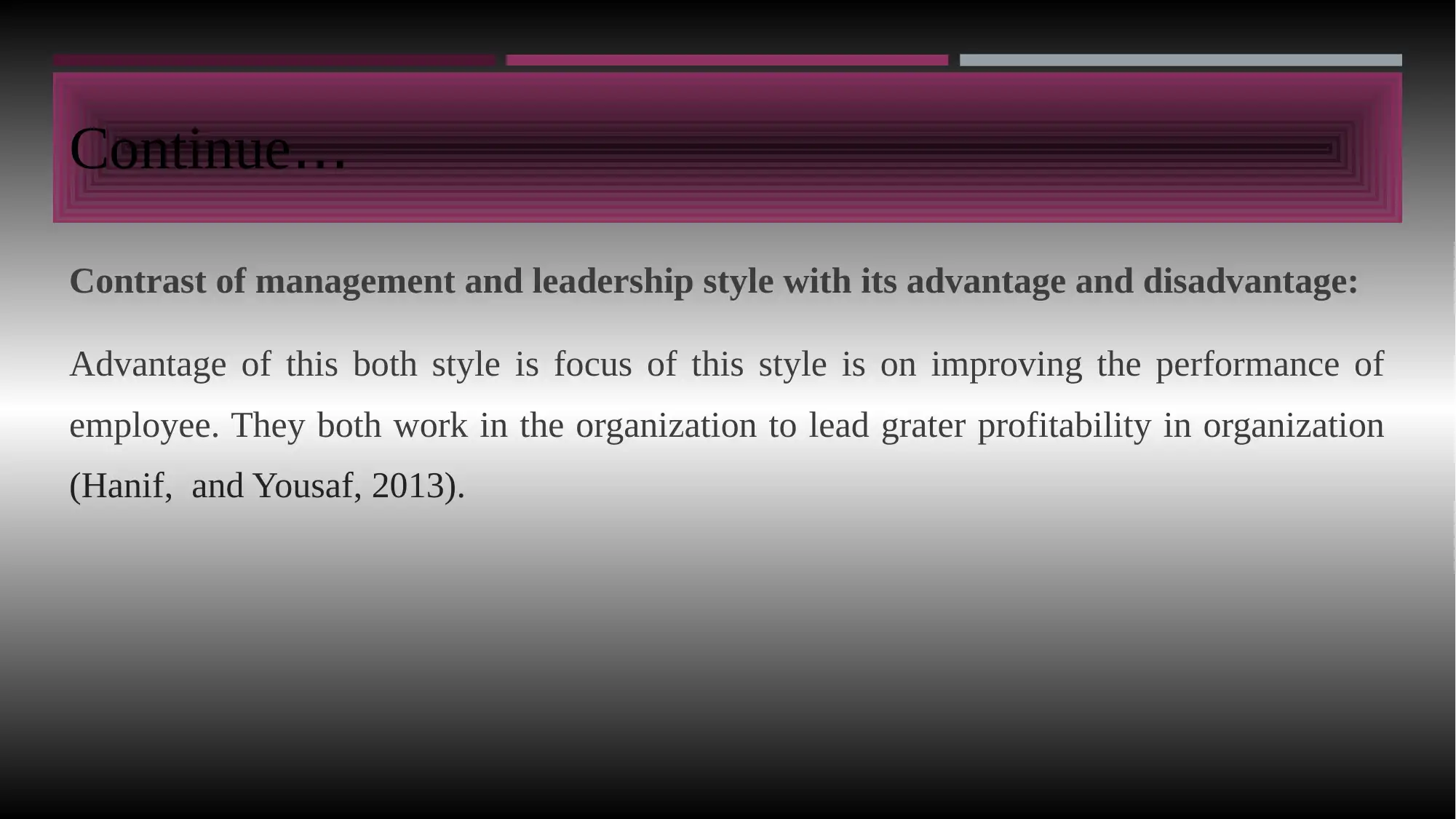
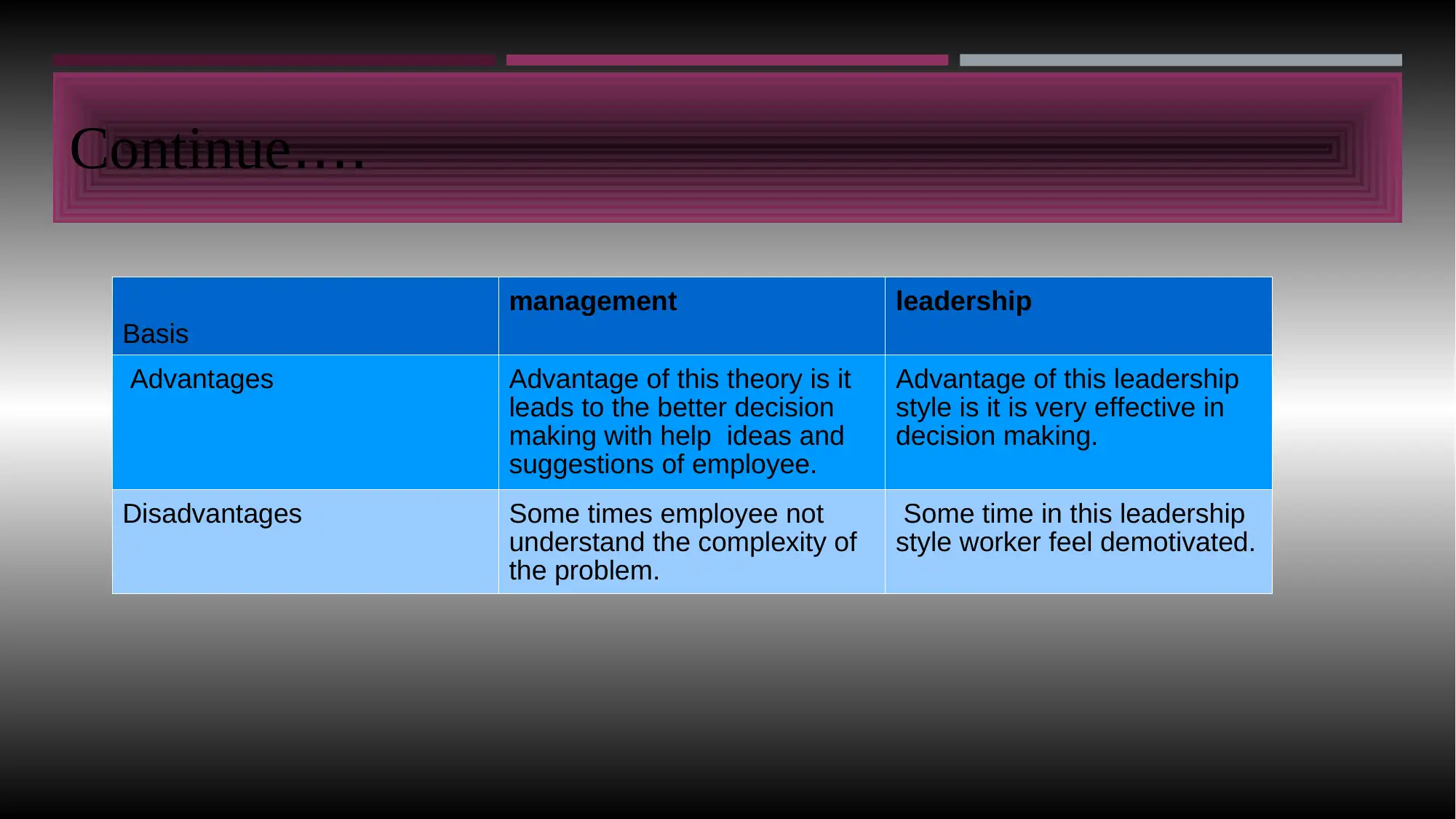
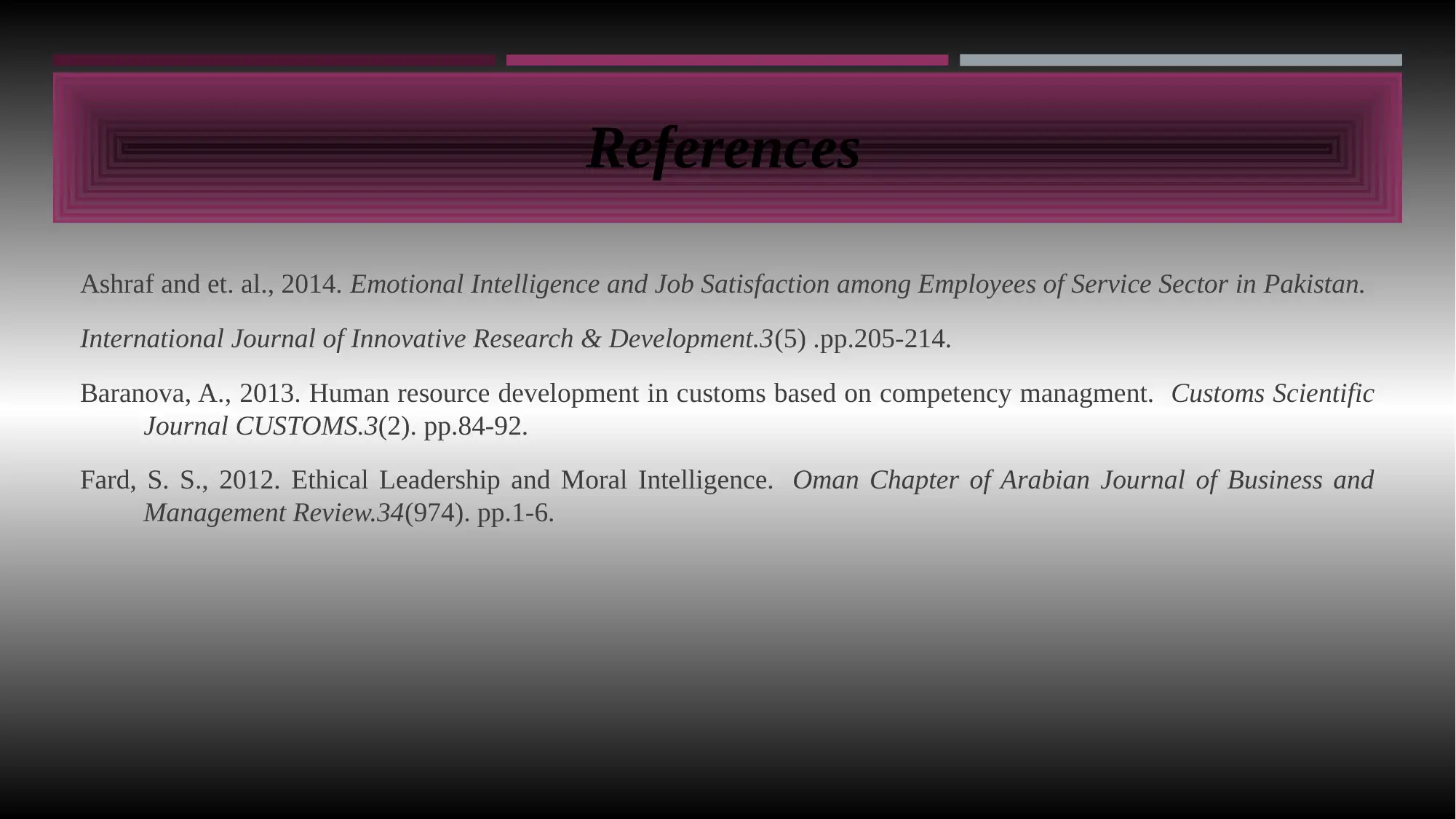






![[object Object]](/_next/static/media/star-bottom.7253800d.svg)